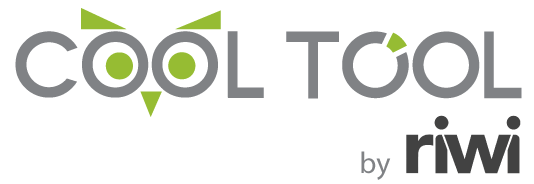Can I use Random Domain Intercept Technology (RDIT) if I am going seeking IRB approval?
Yes! We have worked with many university researchers around the world, and RDIT has been reviewed and approved by a wide range of Institutional Review Boards (IRBs) (including boards at top research universities, such as the University of Toronto, Harvard University and Australian National University). In fact, RDIT was developed at a university-affiliated research unit, and was designed for university and government researchers. Depending on the study topic and scope, IRBs have evaluated RDIT-leveraged projects as exempt, expedited, public health practice, and secondary data, to name a few. RDIT-leveraged projects have also been published in peer-reviewed journals. Please contact us if you need assistance with IRB questions and/or grant submissions!
Is RDIT GDPR compliant?
Yes!
Does RDIT collect personally identifiable information (PII)?
No, RDIT does not allow for the collection of PII.
How are people reached with RDIT?
RDIT works by intercepting people when they are surfing the web. When someone surfing online stumbles across one of our surveys, message tests, or campaigns, they can choose whether or not to engage with the material.
Are RDIT respondents incentivized?
When using RDIT, we do not incentivize respondents because we never collect any personally identifiable information (PII).
Why do people engage with RDIT material if they are not incentivized?
There are a range of reasons. RDIT reaches individuals across the Web, including hard-to-reach populations. Many respondents are curious about the topic of the survey, message test, or campaign, or they want to have their opinions heard on a topic. In fact, many respondents who are reached using RDIT have rarely answered surveys previously, or have never answered a survey in the past.
Can I use RDIT to collect data in China or areas with internet restrictions?
Yes, using RDIT we are able to safely and legally conduct research within regions that are monitored and/or impose restrictions on the Web. If people are on the Web, we can access them using RDIT.
Can I collect data in conflict and/or fragile states?
Yes! We specialize in reaching those in conflict and/or fragile states, especially in areas where respondent and investigator safety is at risk. We have worked in Ukraine (before and following the Russian invasion), and in other regions such as Afghanistan and Myanmar.
How quickly will I get my data or online survey results?
After we launch data collection, you will have access to a personalized dashboard within 1-2 days. Using this dashboard, you will be able to watch the data as it comes in, in real time. The speed of data collection is dependent on the study scope, design, and geography, but in most cases data collection is concluded within 1-2 weeks of launch.
Is there a way to use RDIT to just ask one or two questions?
Yes, join our monthly omnibus! If you have more than five questions, consider RIWI’s Track, Test, Audience, and Rapid Response solutions. Please contact us if you need assistance determining which RIWI solution is right for you!
What is RIWI, and what online panel services does it offer?
RIWI is a global trend-tracking and predictive analytics firm. We showcase real-time, privacy-compliant data solutions to help organizations understand and anticipate global consumer and citizen sentiment.
How accurate are RIWI’s data and insights?
RIWI’s approach to data collection and analysis ensures high accuracy and reliability. We provide a more comprehensive and unbiased view of global sentiment by reaching a representative sample of the population, including those typically underrepresented in surveys.
How can RIWI’s data solutions help with global market research?
RIWI’s survey panel providers enable organizations to gather real-time insights from diverse populations worldwide. By understanding consumer sentiment, preferences, and behaviours, businesses can make informed decisions about market entry, product development, and advertising strategies.
